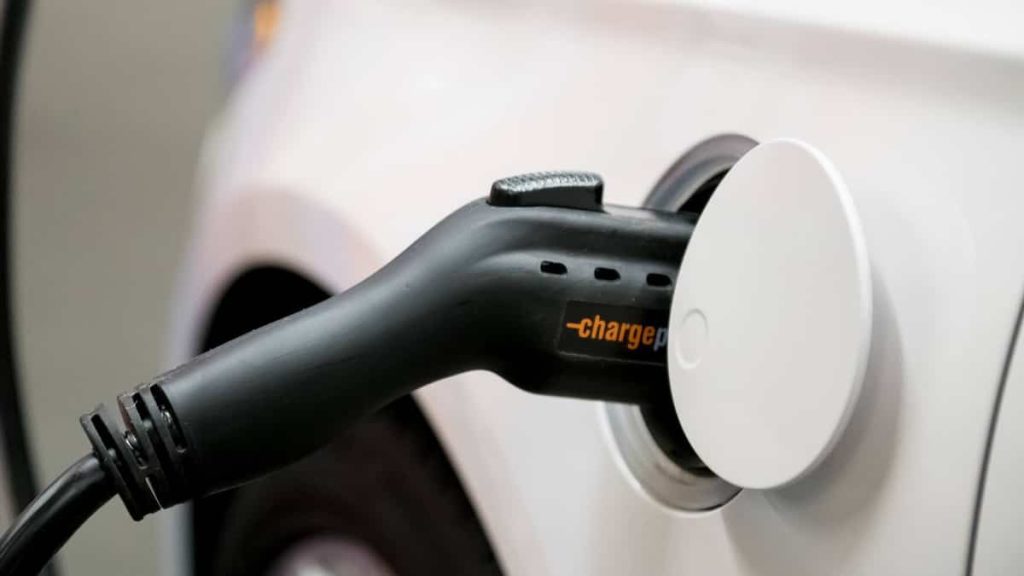
Quebec's announcement of an end to the sale and rental of combustion vehicles starting in 2035 raises many questions, and some doubt the province's infrastructure will be ready by then.
• Also Read: Ban on gasoline vehicles: “It's a win” financially, judges an expert
• Also Read: Quebec implements ban on sales of gasoline vehicles
This is especially so in the case of Charles Silent, owner of the Silent Group of Dealerships, who finds the government's mission utopian.
“For me it's not 2035, it's 85% in 2030, I think it's much harder to achieve than 100% in 2035,” he declared in an interview with TVA Novelles.
“[Au Québec]We have a lot of land for a small population, so electricity for all is definitely not a solution.
He believes that a 100% electric solution is “desirable, but it's not going to happen,” although he's in favor of “all of us having a more beautiful planet and leaving it to our children.”
Buyers at the meeting
The Quebec government has also announced that it will phase out subsidies for the purchase of electric vehicles (EV) starting in January 2025. In total, it will still be one in four vehicles sold in the province. And for dealers interviewed by TVA Nouvelles, there is enthusiasm from buyers.
But the most unpleasant is the recharging time, but it starts to decrease a priori, especially because of the difference between level 1 terminals which take longer to charge and the more recent level 3.
“What we are experiencing is that customers may not always be willing to compromise on charging time. [Donc] If we have a vehicle that recharges in 15-20 minutes to get to 80% charge, it will democratize the electric vehicle,” explained André Vigneault, president of Kia Quebec.
Remember that Quebec must submit regulation next October that aims to completely ban the sale and rental of combustion vehicles starting in 2035. Currently, there are 270,000 EVs on the province's roads and the goal is to reach 2 million in 2030.





More Stories
Sportswear: Lolle acquires Louis Garneau Sports
REM is still innovative enough to foot the bill
A trip to the restaurant with no regrets for these customers